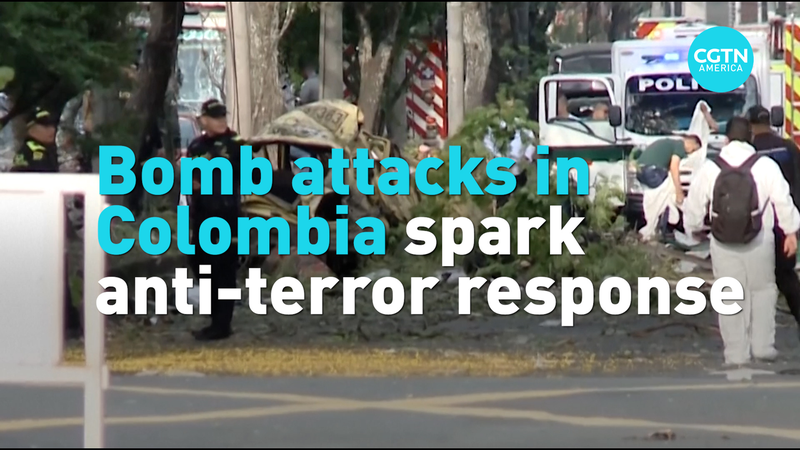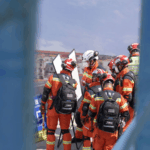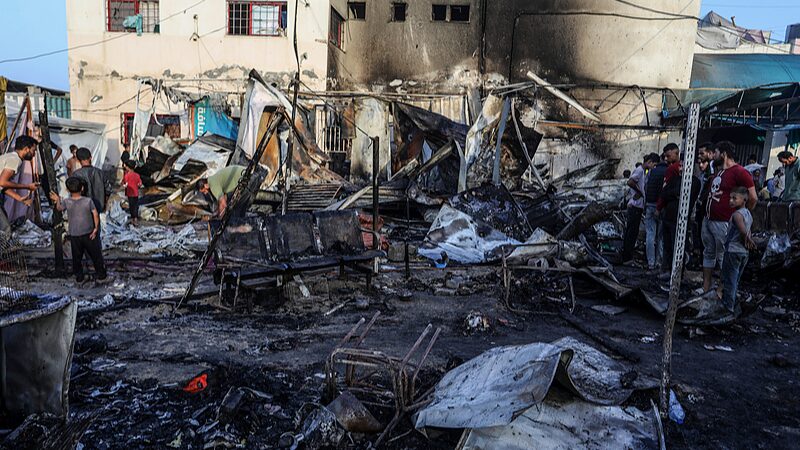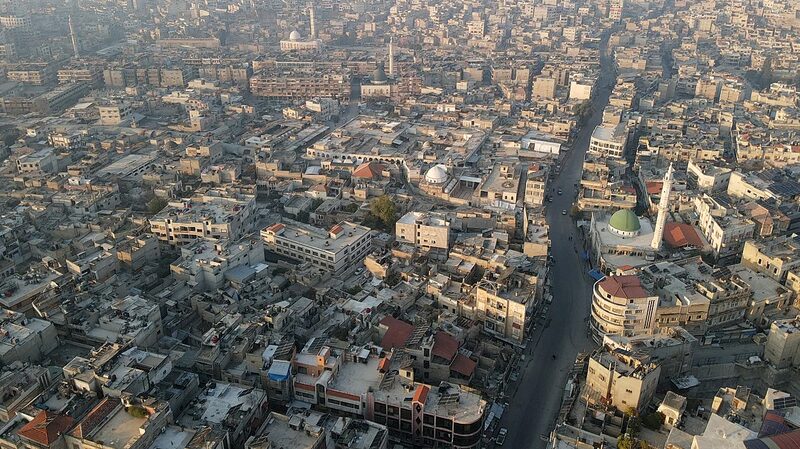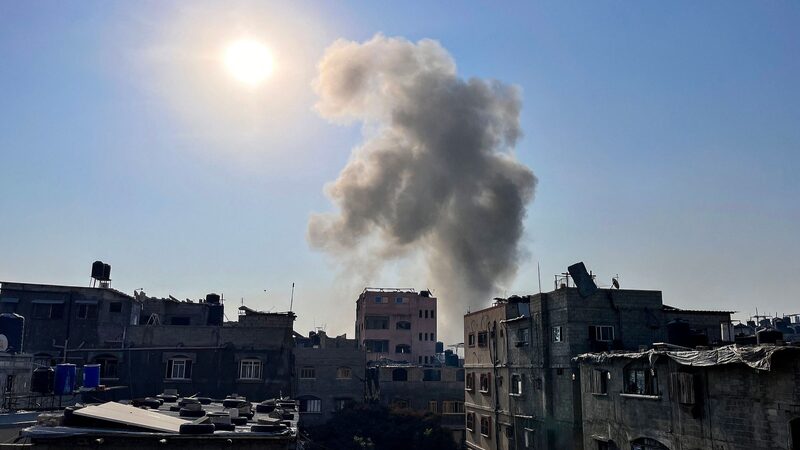At least 18 people were killed and dozens injured in two separate bombings carried out by armed groups in Colombia this week, marking one of the deadliest attacks in the country this year. President Gustavo Petro announced a major policy shift, designating the groups responsible as terrorist organizations and ending their eligibility for peace negotiations.
The attacks, which targeted civilian areas, have intensified concerns over Colombia's security landscape. Analysts suggest the president's decision reflects growing frustration with stalled peace processes and escalating violence. "This reclassification signals a tougher stance against groups undermining stability," said a Bogotá-based security expert, who requested anonymity due to the sensitivity of the matter.
The bombings come amid rising regional tensions and could impact foreign investment in Colombia's energy and mining sectors. Business leaders have called for enhanced security measures to protect infrastructure and workers. Meanwhile, Colombia's diaspora communities worldwide have expressed alarm, with many urging international support to address the crisis.
While the government has not identified the specific groups involved, the move aligns with broader efforts to combat organized crime and insurgencies. Human rights organizations have emphasized the need for balanced strategies to protect civilians while addressing root causes of conflict.
Reference(s):
cgtn.com
